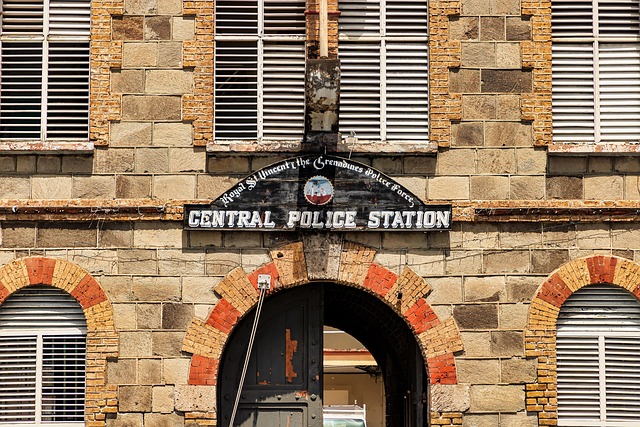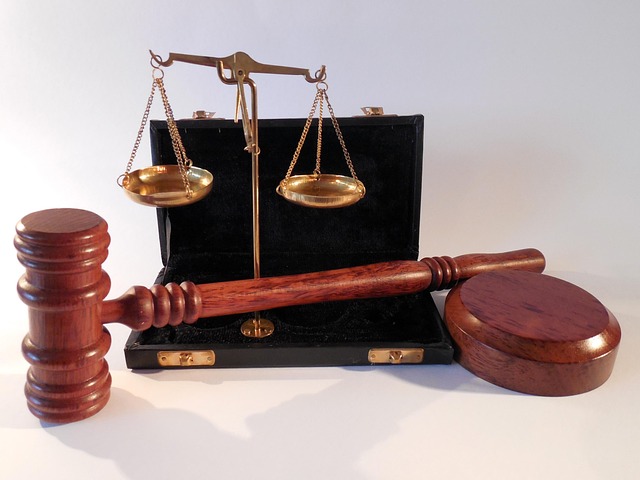Understanding contracts is vital in Corporate Crime Investigations as they often lead to legal disputes. Common defenses in breach of contract cases include denying breaches, claiming ambiguity, or showing modifications altering terms. Investigators must analyze language, industry standards, negotiation history, and amendments to determine obligation fulfillment. High-stakes cases often employ strategic defenses like detailed documentation and expert testimony, or distinguishing corporate vs. individual responsibilities through robust internal controls and compliance programs. Strong evidence is crucial for resolving disputes, with jury trials weighing evidence in complex commercial transactions to ensure justice.
Corporate Crime Investigations delve into complex scenarios where organizations face legal repercussions for contractual breaches. Understanding Contractual Obligations and Breaches is paramount, as businesses must navigate intricate agreements. This article explores Common Defenses in Breach of Contract Cases, providing insights into strategic maneuvers to mitigate allegations. We examine the pivotal role of evidence in dispute resolution, offering a comprehensive guide for organizations seeking to protect their interests. By understanding these aspects, companies can effectively manage risks and respond to legal challenges.
- Understanding Contractual Obligations and Breaches
- Common Strategic Defenses Against Breach Allegations
- The Role of Evidence in Resolving Contract Disputes
Understanding Contractual Obligations and Breaches

Understanding Contractual Obligations is a foundational step in Corporate Crime Investigations, as contracts are often at the heart of legal disputes. Breaches occur when one party fails to fulfill their commitments outlined in the agreement. Common Defenses in breach of contract cases include arguing that there was no breach, the obligation was not clear or impossible to perform, or subsequent changes altered the terms. These defenses can significantly impact outcomes in high-stakes cases where substantial damages are at play and respective business interests are on the line.
Investigators must carefully analyze contractual language, considering both literal interpretations and industry standards. They should also look for evidence of negotiation history and any amendments to understand the intended obligations and their subsequent fulfillment or non-fulfillment.
Common Strategic Defenses Against Breach Allegations

In high-stakes cases involving corporate crime investigations, strategic defenses play a pivotal role in shaping the outcome. One common approach is to challenge the validity of the breach allegations, often employing detailed documentation and expert testimony to demonstrate that the actions in question did not constitute a breach of contract or legal obligation. This strategy aims to clarify the intent behind the company’s decisions, highlighting any misinterpretations or misunderstandings that may have led to accusations.
Another defense tactic is to distinguish between corporate and individual responsibilities, focusing on the general criminal defense principles applicable to the organization as a whole versus the actions of specific employees. By demonstrating that the corporation had robust internal controls, compliance programs, and training mechanisms in place, legal teams can argue that the company acted responsibly and cannot be held liable for the misdeeds of its individuals, especially when addressing corporate and individual clients with varying levels of culpability.
The Role of Evidence in Resolving Contract Disputes

In corporate crime investigations, evidence plays a pivotal role in resolving contract disputes. When a breach of contract is alleged, both parties often present their versions of events and arguments. The onus lies on the plaintiff to provide robust and admissible evidence to prove that a contractual obligation has been infringed upon. This includes documentation such as contracts, emails, financial records, and witness testimonies that directly or indirectly support their claim.
The presentation of compelling evidence can significantly impact the outcome of breach of contract cases. Common defenses, like arguing for a complete dismissal of all charges based on technicalities or lack of intent, often hinge on the strength of evidence presented. In some instances, where the facts are in dispute, jury trials become essential to weigh the evidence and render a verdict. Effective use of evidence can ensure that justice is served, protecting both the rights of businesses and individuals involved in complex commercial transactions.
Corporate crime investigations into breach of contract cases require a thorough understanding of legal obligations and strategic defenses. By recognizing common defenses, companies can navigate complex disputes effectively. The role of evidence in resolving these conflicts cannot be overstated, as it forms the backbone of any successful case or defense. Through meticulous investigation and analysis, organizations can protect their interests and mitigate potential losses, ensuring fairness and justice in breach of contract matters.






